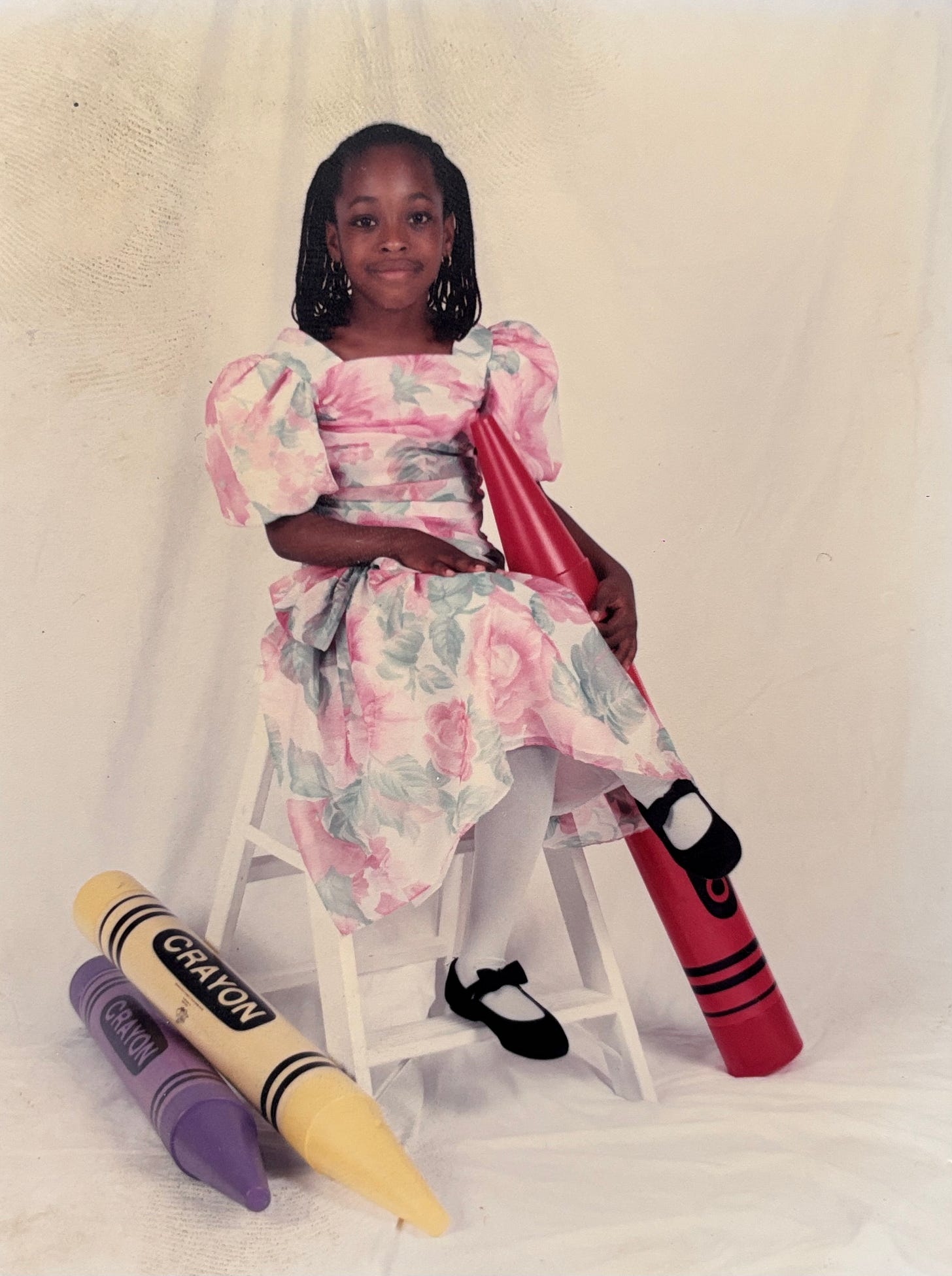Mother Hunger
I'm not sure if I'll ever be satiated, but at least I know what I'm craving.
Context: I started writing this on a whim—and then the tears started flowing and didn’t stop until I was done. This essay cracked me wide open. It’s for anyone who feels like they’re quietly imploding as the calendar edges closer to mother’s day. 🥀

As Mother's Day approaches, I feel the familiar knot of dread forming in my chest—a smaller knot this year, one I can breathe around, one that's allowed me to finally inhabit my own skin rather than just survive in it.
Our culture struggles to acknowledge the shadow side of motherhood—the absence, the insufficiency, the harm that can occur in this most primal relationship. We’ve also lacked vocabulary for this particular wound.


